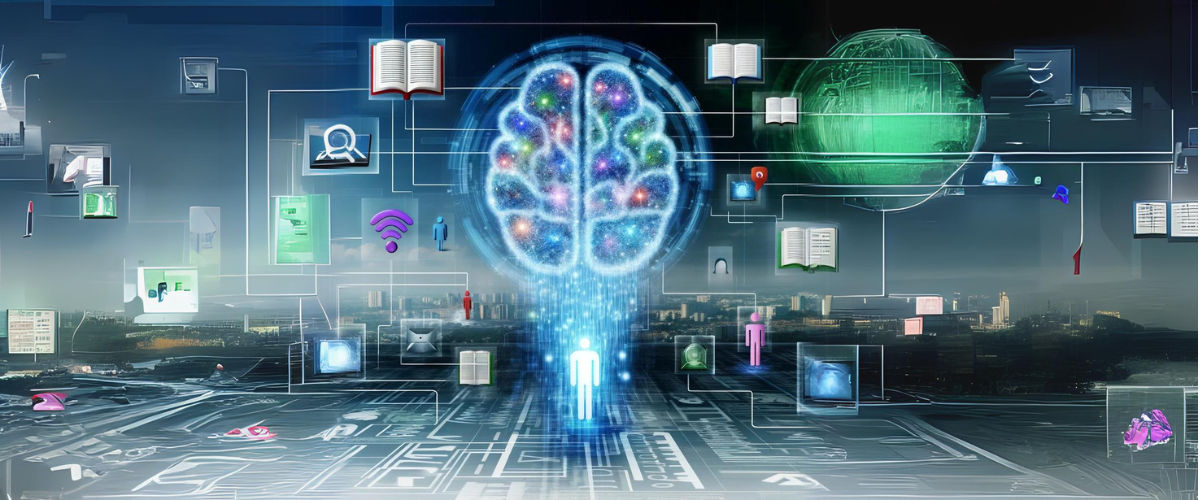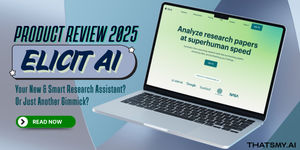Large AI-language models like OpenAI's GPT-4 are transforming information dissemination by providing contextually relevant and user-specific answers, surpassing traditional search engines. They enhance various sectors: in education, they offer comprehensive summaries and personalized tutoring; in healthcare, they support diagnosis and treatment decisions; in law, they streamline information extraction and research. Despite their benefits, challenges such as bias, misinformation, and ethical concerns persist. The future promises even more sophisticated and contextual AI-driven information delivery.

Ways and means of accessing information and the modality of its delivery have changed very fast in our current digital world. The leading edge force in this revolution redefining the dispensation mechanisms of information across all sectors is the role the large language models, such as OpenAI GPT-4.
Large language models are among the most sophisticated forms of artificial intelligence to be created. In a sense, it is an effort to answer a question in a contextually relevant and user-specific way, unlike the conventional search engines that merely index and rank web pages. Hopefully, this would signal a new era in the delivery of information—from just passive retrieval to active generation.
A recent research has found that, compared to a general-purpose search engine, LLMs can return more accurate answers. This is associated with the fact that in LLMs, data is analyzed and synthesized instead of just ranking web pages. For instance, the technology that Microsoft Copilot has the ability of search engines combined with LLM ability to precisely return information that is accurate and relevant, which is chat-facing. This says it all – how the LLMs are facilitating the deliverance of information accuracy and relevance.
LLMs have been within the changing phase, which regards to the access to information on the note of students and educators. They can easily make elaborative summaries of even the most complex topics, as well as the customization of the tutoring process —all these making first-rate education available.
LLMs empower the practitioner in making decisions related to diagnosis and treatment by combining medical literature and information with data about a patient. A survey found that although 84% of Americans use ChatGPT for advice revolving around medical issues, 84% of them eventually find it accurate once that gets verified by a healthcare professional. In that sense, LLMs become a decision-support tool for better outcomes and patient experience.
Lawyers are using LLM models for information extraction and summarization to solidify their analytical and research functions more efficiently. This is through the detailed instructions provided in statutes, regulations, and case law, which save time for the legal practice.
While benefiting from some of the advantages mentioned above, LLMs labor with the challenge of appropriate validation, accuracy, and ethical use of the given information. Issues that need to be addressed concern bias, misinformation, and offensive content processing for optimal advantages. This new development offers hope for the nascent AI ethics—such that it would be acceptable for LLMs to develop in line with societal values and also to take on some concerns in human rights.
As LLMs continue their development, their presence in everyday life will only continue to grow. From intelligent assistants to automated content creation, the application is varied. The significant language models would receive the critical human curation that data scientists, developers, machine learning experts, and developers provide in understanding human emotions, sensitivity, and cultural contexts. They change the game in information delivery to give responses that are better, more realizable, and in context. This power has been seen to transcend use in the professions of education, health, and law, among others. In this revolution driven by artificial intelligence, ethics in navigation must be tackled with the potential of LLMs to harness to better our digital landscape.
Sign up to gain AI-driven insights and tools that set you apart from the crowd. Become the leader you’re meant to be.
Start My AI Journey
ThatsMyAI
20 March 2025

ThatsMyAI
7 March 2025